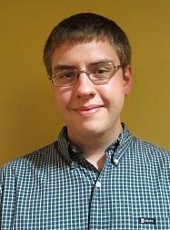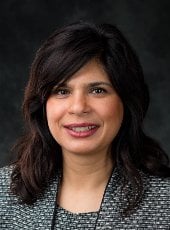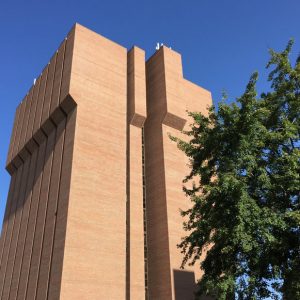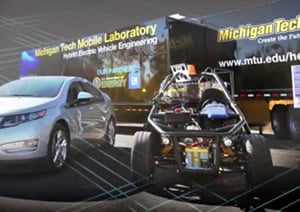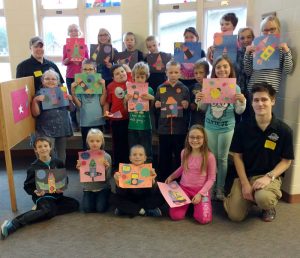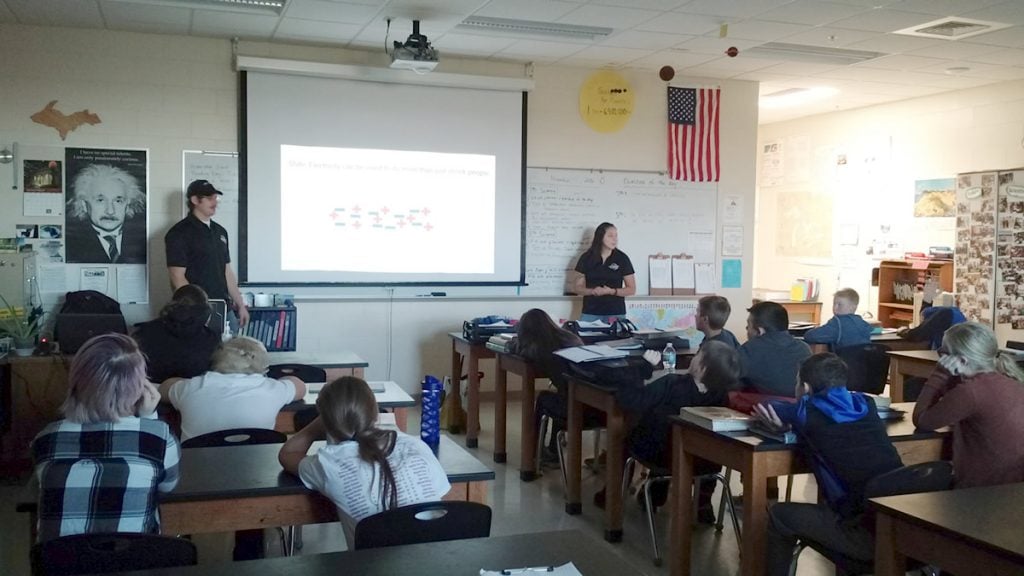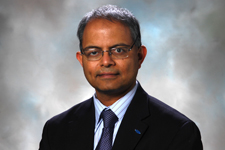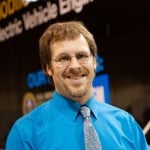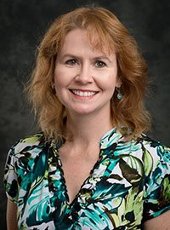
A short story written by Nancy Barr, director of the Engineering Communications Program in Mechanical Engineering-Engineering Mechanics, was recently chosen as a semifinalist in the sixth annual Write Michigan Short Story Contest. Her story, titled “Peace,” is about a woman coming to terms with her father’s death and heroic, but unsung, service during the Vietnam War.
Barr’s story is one of ten posted for public voting to determine the Readers’ Choice winner in the Adult category on the Write Michigan website. You can vote online for her story the maximum number of times (once per day). The Readers’ Choice Winner will receive a cash prize of $250.
Her story will be reviewed by a panel of judges to determine the Judges’ Choice Winner and Runner-up. These winners will receive $250 and $100 respectively. The Readers’ Choice and Judges’ Choice short stories, along with two additional semi-finalists’ stories, will be printed in the Write Michigan Anthology.
In addition to teaching two graduate engineering communication courses, Barr is the author of the “Page One” mystery trilogy, published by Arbutus Press and set in the western and central Upper Peninsula.
